Charles Hurley
(Charlie Hurley)
Thumb

Image Source: Unknown report
User Rating
Complete
 50%
50%Born
1936 (88 years old)
Birth Place
Position
Centre-Back
Status
Ethnicity
White
Team Number
Height
Outfitter
Kit
Side
Agent
Wage Year
Player Cutout

Full Body Render

Sport
Team
_Retired Soccer
2nd Team
League
_No League Soccer
Creative Commons Artwork
No
Available in:
Charles John Hurley (born 4 October 1936) is an Irish former footballer who played mainly in the centre-half position. Hurley is best known for his long career at Sunderland, where he was named the Black Cats' "Player of the Century" by their fans on the occasion of the club's centenary in 1979. Nicknamed ' King', Hurley was a defender for both Sunderland and the Republic of Ireland. He ended his playing career at Bolton Wanderers and was later manager of Reading.
Hurley was born in Cork, Ireland, and his family moved to in Essex, England, when Charlie was seven months old. He later survived The Blitz, in which one of his best friends was killed, and as a teenager worked as an apprentice toolmaker. His first offer of a football contract was from West Ham but he turned it down as he could earn more for his family by continuing with his apprenticeship. However, at the age of sixteen he did eventually accept a contract offer from Millwall.
From 1972 to 1977 Charlie managed Reading F.C., then based at Elm Park. One of his greatest moments was in the 4th round of the F.A. Cup in February 1972, when he guided Reading, then a 4th division outfit to a 4th-round meeting with the great double-winning Arsenal side. Over 20,000 people packed into Elm Park, and Charlie's charges narrowly lost 2–1 to a side containing George Graham, Charlie George, Geordie Armstrong, Bob Wilson, Frank McLintock and other international-class players. Reading finished the season in sixteenth place in Division 4. During the 1972–73 season Hurley enjoyed an emotional 'home coming' when took his side to face Sunderland at Roker Park in the fourth round of the FA Cup. After a 1–1 draw Sunderland won the replay 3–1. The following spring the Reading manager took a gamble by purchasing Robin Friday from non-league Hayes F.C. Friday should have been playing in the top flight, but his temperament, drinking and smoking were a major handicap. Hurley was the only man to ever get the best out of Friday and in 1975–76 Reading won promotion, with Friday often playing brilliantly. The star of the Reading side was determined to move on, and Hurley allowed him to move to Cardiff for £30,000 before the start of the season, where he faded away and was eventually lost to the game. He died of a heart attack at just 38. Reading struggled without their best player, and, as they plummeted back to the lower flight, Hurley quit on 26 February 1977.![]()
![]()
Career Honours
Career Milestones
Former Youth Teams
Former Senior Teams

1953-1957 |

1957-1969 |

1957-1969 |

1969-1971 |
Former Club Staff
Contracts
Fanart




Banner


| Ireland | Appearances | UEFA European Championships | 1960 | 2 |
Other Links